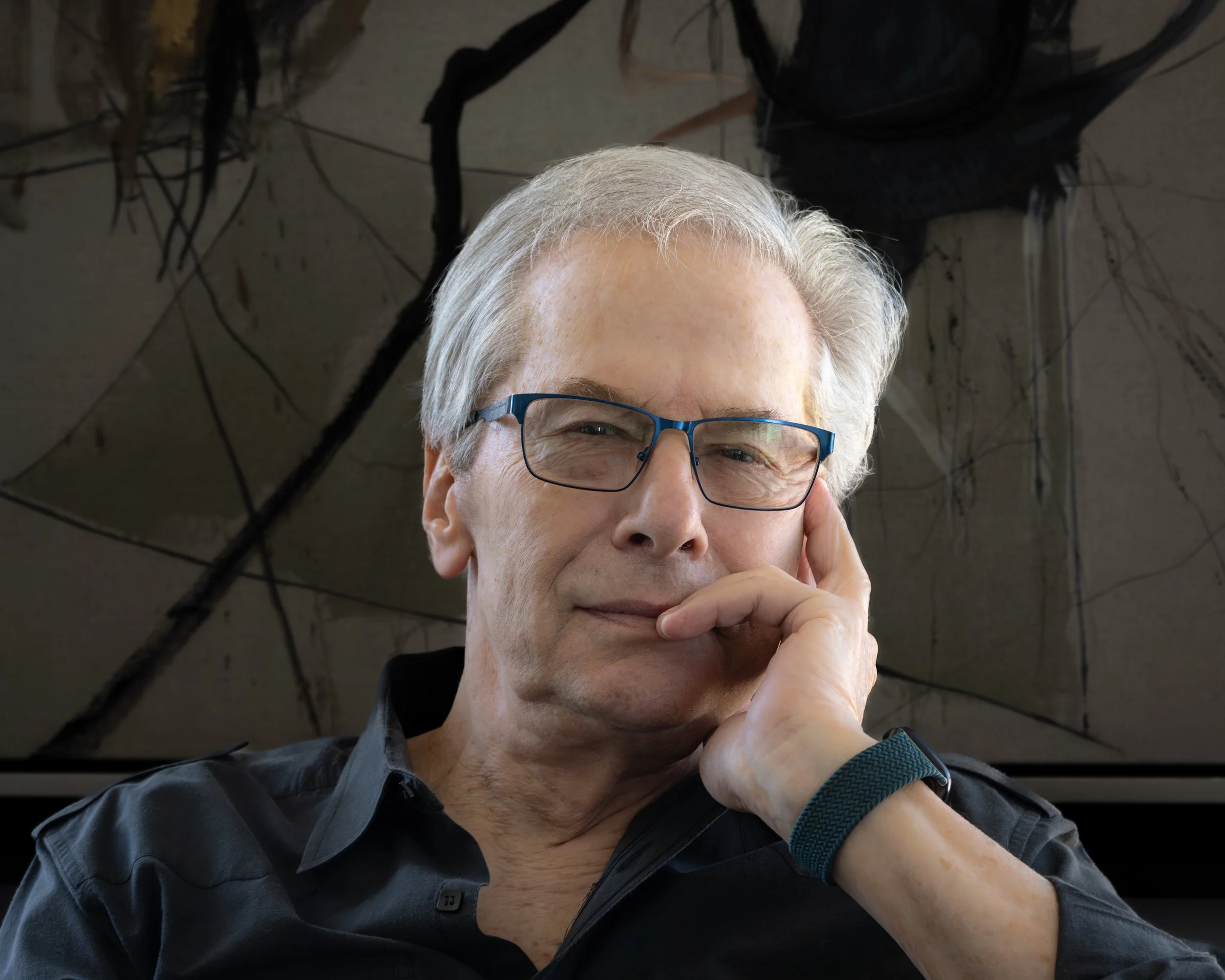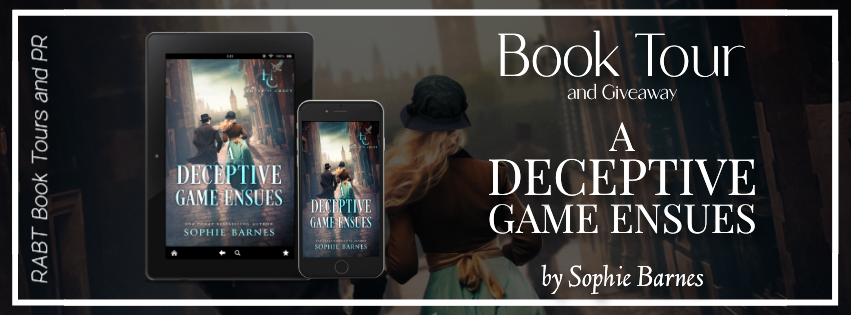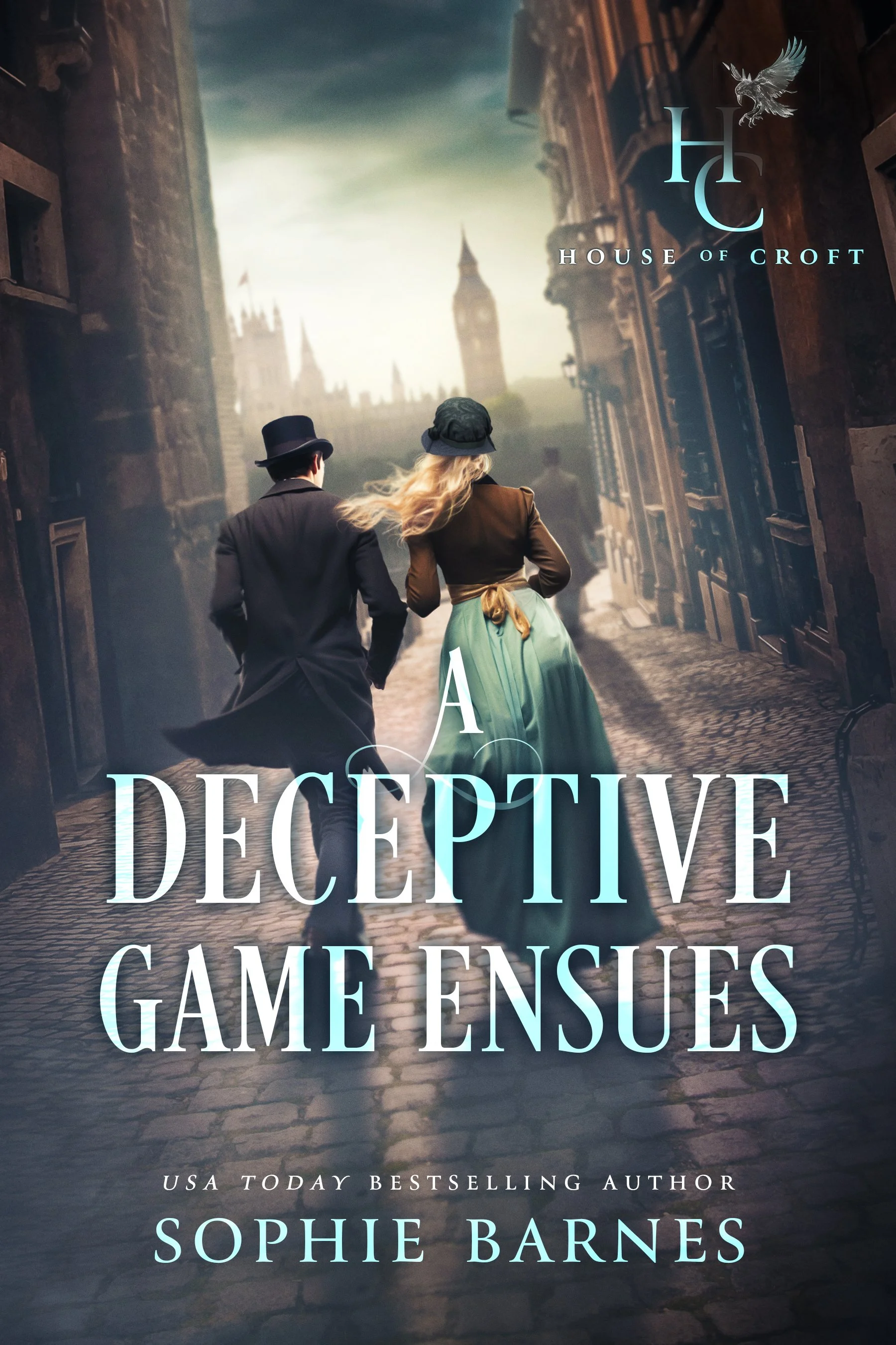What happens when the devices meant to save lives become tools for murder? That’s the unnerving premise of Deadly Odds 8.0, a thriller that explores what happens when cybersecurity and biotechnology collide.
It all starts with one inexplicable death—an otherwise healthy man collapses on church steps. But when the CEO of a company that manufactures AI-enhanced pacemakers gets a threatening call minutes later, it’s clear: this was no accident. Someone has found a way to hack into implanted medical devices, and they’ve just declared war. The message is chilling: shut the company down by Friday, or more people will die. Enter Arnold Gold and his team of cyber-sleuths—brilliant minds with deep technical skills and a reputation for solving the unsolvable. As they dive into the case, they uncover a pattern of manipulation and control that reaches far beyond what anyone thought possible. What begins as a tech crisis spirals into a global threat.
Excerpt
CHAPTER 1
Seattle—Sunday Morning
ELIJAH BROWN—DEVOTED husband and beloved father of two—stood at the front door to the Mount Zion Baptist church, flanked by his wife Tamika and eldest son Darnell. He was complimenting Reverend Johnson on his thought-provoking sermon when his heart began to beat wildly, then stop. Grimacing in pain, Elijah flattened his right palm to his chest, groaned loudly, and dropped onto the floor of the vestibule.
Tamika, Reverend Johnson, and nearby parishioners froze in stunned open-mouth horror.
“Elijah!” his wife called, now on her knees next to him, clutching his right hand. “Elijah, speak to me. What’s wrong, baby?”
Darnell was now also on his knees on the other side of him. He yelled, “Pops!”
Elijah Brown didn’t answer.
Darnell, a registered nurse, pressed his index and middle fingertips to his father’s neck feeling for the carotid artery pulse. Nothing. He adjusted his fingers, to make sure he wasn’t mistaken.
He yelled, “Call nine-one-one” while starting CPR.
“I just did,” shouted back a parishioner in a rapidly enlarging crowd of lookie-loos clotting around the unfolding drama.
Darnell swept his right hand in an arc, moving the onlookers away, “Back up,” he shouted, then dragged his father from the threshold to a spot just inside the church, giving him more room and a better position to continue cardiopulmonary resuscitation.
“C’mon, Dad, fight!” he yelled in between breaths.
His father’s pupils were not fully dilated, which he took as a good sign. A very good sign, actually, giving him strength to continue the vigorous pumping despite the rapidly developing fatigue consuming his shoulders and arms.
A hand tapped Darnell’s right shoulder as a deep male voice asked, “Want me to spell you?”
With sweat dripping from his chin now, his shoulders burning with lactic acid, Darnell kept on compressing his dad’s heart, counting to ten, then inflating his lungs. Pop’s eyes flickered open with the first sparkle of life since collapsing. He’d be damned if he’d risk delegating such a critical responsibility to someone whose CPR skill was unknown.
“Appreciate the offer,” he gasped, “but I got this.”
“What do we have here?” Darnell heard a commanding voice ask. A moment later a hand gently pulled him away from his father. He glanced up to see a paramedic in a dark blue short-sleeved Seattle Fire Department shirt kneel and put a stethoscope to Pops’s chest. Darnell stopped the CPR. After a quick listen, the medic ripped open Pops’s white dress shirt and grabbed a set of defibrillator paddles.
Darnell heard Moms yell, “Wait! There’s a defibrillator in him.”
Without breaking flow or slowing his well-rehearsed movements, the paramedic said, “I can see that, ma’am. But it’s not working.”
A moment later, paddles in place, Darnell heard the paramedic yell, “Clear!” just before sending 150 joules of electric current into Pops’s body, triggering a massive muscle spasm.
Sunday Morning—Seattle
John Harris replaced the steaming mug of freshly brewed Starbucks French Roast on the kitchen table just to the right of his laptop, then scrolled to the next page of The New York Times. His first cup of coffee on Sunday mornings had, over the years, become a sacred ritual, performed with the reverence of a devoted priest preparing communion for his flock.
He did not just savor the fresh aromatic brew but also glorified each small detail of the process: storing whole beans in a sealed bag in the bottom shelf of the refrigerator to maintain roasted freshness; running the beans through a Braun grinder to a perfect texture before pouring them into his cherished Chemex; then subjecting them to the precise volume of scalding water.
To complement his coffee, each Saturday he would pick up three flawless hot-out-of-the-oven croissants from La Parisienne French Bakery to savor with fresh salty butter and blackberry jam. Admittedly, the pastry was a day old by Sunday, yet its flaky dough still held the unquestioned distinction of being the best croissants Seattle had to offer. After all, with his office a mere two blocks south of the bakery, it was no problem to run over and pick them up Saturday morning since typically he was in his Cor-Pace office catching up on paperwork anyway. Unless, of course, he was away on business. Which had been happening more often lately.
His cellphone rang.
He was annoyed at being interrupted during his one morning a week of total relaxation and respite from work. He glanced at the phone. Unidentified.
Unidentified?
In that case, why bother answering?
He dumped the call.
Although robocalls were way down these past few years, they occasionally came, annoying and inconveniencing him. Worse yet, spam texts were beginning to sprout up.
Ten seconds later the marimba ringtone sounded again.
Damn. Same goddamn unidentified number.
Undoubtedly someone dialing a wrong number. In other words, if he didn’t answer the call and set the idiot straight, it would ring again.
Goddamnit!
He swiped accept, raised the phone to his ear, and barked, “Yes?”
An electronically distorted voice asked, “Mr. Harris?” in a strangely demanding tone.
The disorienting, out-of-context voice shocked him, jolting a surge of adrenaline through his arteries, tingling his fingertips and toes, robbing him of speech. He glanced at his familiar surroundings for a reality check. Yes, Joyce, his wife, was still on the other side of the kitchen table, oblivious to the acute sense of vulnerability clawing at his heart. Instinctively he understood that an electronically distorted voice from an unidentified number meant bad news.
“Mr. Harris,” the voice repeated, more demanding this time.
What now? Answer? Hang up? What?
Was this some sort of joke? Hard as that was to believe…
John Harris stammered a tentative “Yes?”
“Until this moment you didn’t know I existed. I mean, why should you? But I know I exist, and now so do you. And as of this moment, I’m the most important person in your life.” Pause. “Care to know why? Of course you do.”
A prank? Was that what this was?
Distortion aside, the words rang with enough sincerity to make him question it being a prank.
“You have no idea what I’m talking about, do you,” the weirdly metallic voice stated flatly. “I’ll explain. As of today, I hold absolute power over your company’s destiny. Shall I explain this too?”
Confused and now afraid, Harris was speechless.
“Because I can control every Cor-Rate II in your Everest trial.”
What?
A spike of raw anger stabbed his heart.
“Bullshit,” he blurted.
“Bullshit? Really?”
The icy intonation in the back-to-back questions flipped his anger into fear again. The caller knew his name and his cellphone number. Not only that, but he knew about their clinical trial. This was sobering, giving the outrageous claim a distinct ring of credibility. Harris slowly closed his mouth and listened for the asshole’s next words.
Three seconds of heart-thumping silence ticked past.
Darth Vader said, “Shocked?”
Again, Harris knew better than to answer. The unprecedented situation robbed him of a rational response as his innate canniness cautioned against saying anything in error.
A moment later his strong pragmatism kicked in, giving him an objective overview of the situation.
So what if this nutcase knew the name of their clinical trial?
Everyone from the Cor-Pace board of directors to the enrolled patients’ family members knew that. And besides, his name and phone number were at the end of the consent form. In other words, every scrap of information that the mystery voice had thrown out to intimidate him was in the public domain if you knew where to look.
His confidence began building.
And what about the bastard’s outrageous claim of being able to control their devices?
Impossible. The device passcodes were vaulted in an ultra-secured encrypted database. No way could he get his hands on those.
His initial helplessness was shouldered aside by blood pressure-pounding anger at this asshole for playing games with his Sunday morning.
All for what? To satisfy some infantile urge to prank someone?
Sunday mornings were his alone to savor. He needed them. No, he deserved them. They were not to be frivolously disrupted. Bootstrapping a start-up medical device company from a concept into a marketable product in an ultra-competitive environment was hard enough without having to endure the harassment of some fraternity-level bullshit prank.
“I’m sorry,” Harris said, “what did you say your name is?”
“I didn’t,” replied the metallic voice. “But if you feel a need to give me a name, why not call me Hacker. Or, better yet, make that Mr. Hacker.”
Hacker? That word drove a fear-laden voodoo pin through his heart, unleashing a previously unthought-of possibility.
Maybe, just maybe this whacko—for despite the electronic masking, Harris was convinced that the voice was male—was somehow able to penetrate their database. If so, maybe he could manipulate one of their devices.
Was that possible?
He thought hard about it.
No, no way. How could he?
The devices themselves were encrypted and their serial numbers stored in an encrypted database. Meaning that for the claim to be possible, this self-proclaimed hacker would’ve needed to break into their secure database as well as know their encryption key.
No, that combination of events wasn’t possible.
His fear flip-flopped back to anger. How dare the sonofabitch! Time to call the bastard’s bluff.
“Look, Hacker, I have no idea who the hell you think you are or why you’re getting off on this little charade, but I don’t respond well to crank calls and I—”
“I’m sorry to hear that, John, because this isn’t a crank call, and you haven’t even heard my demand yet.”
Demand? Christ, that did it.
“Your demand? Listen to me, you crazy bastard, I’m going to hang up now.”
“I wouldn’t advise that, John.”
Something in that tone of voice…something floating over the electronic distortion, kept John Harris from pushing the red disconnect icon.
Something that made him ask, “Why’s that?”
“Because the same thing that happened to Elijah Brown can happen to the rest of your patients if you simply blow this off.”
Harris froze. That name…wasn’t he one of their patients? Yes, he was sure of it.
“Caught your attention?” the unnerving voice asked.
By now Joyce was eyeing him questioningly, mouthing, Who is it?
Waving away her question, Harris scrambled for something to say, something non-inflammatory that could draw out more information.
Buy on Amazon | Bookshop.org






























































